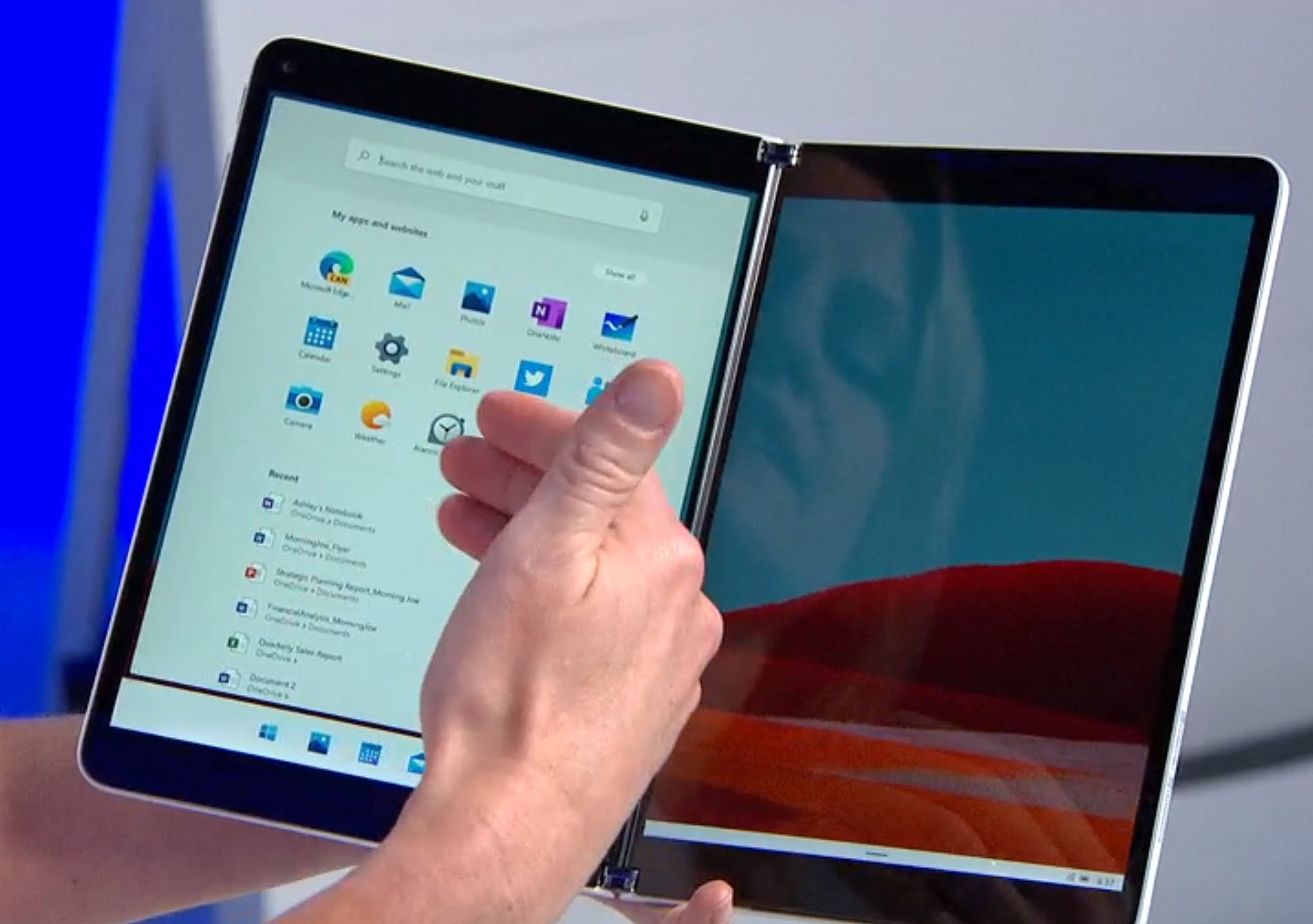Intel just discontinued the processor that powered the Surface Neo
Manufacturers will have to look at alternatives to Intel's Lakefield series processors for thin and light devices.

What you need to know
- Intel has discontinued its Lakefield series processors.
- Lakefield series processors are in the Lenovo X1 Fold and a version of the Galaxy Book S.
- The Surface Neo also ran on a Lakefield series chip, though the device never shipped.
Intel officially discontinued its Lakefield series of processors, which could spell changes for devices including the Lenovo X1 Fold and Surface Neo, assuming the latter ever ships. Lakefield series processors weren't in many devices, and those that they were in generally had unique form factors. Anandtech broke the news about the discontinuation of the Lakefield series.
The discontinuation of the Lakefield series is a bit surprising. The chips were only announced in January 2019 and only shipped in devices in June 2020.
Comparing Lakefield processors to other chips is a complicated task. Lakefield wasn't used in many devices, so benchmarking isn't as easy as with more popular chips. Additionally, Lakefield was aimed at different types of devices, so an apples-to-apples comparison against chips like the Qualcomm 8cx or other processors from Intel isn't exactly fair.
Lakefield series processors were made to have a small footprint, which allowed them to fit into thin devices that steered away from the norm. For example, the Surface Neo and Lenovo X1 Fold both used Lakefield chips (the X1 Fold even had fans to cool it down). There's also a version of the Galaxy Book S with a Lakefield processor. That device is a traditional laptop but is exceptionally thin.
Anandtech has a deep dive into Intel's Lakefield series processors. That piece concludes by saying, "But the bottom line is that in most cases, expect Lakefield to perform similar to four Atom cores, just above Goldmont Plus, and not like any of the Skylake/Ice Lake Core products and its derivatives."
Because of the discontinuation, some thin and light devices will have to use an alternative to Lakefield series processors. That could come in the form of CPUs from Qualcomm or other processors from Intel.
All the latest news, reviews, and guides for Windows and Xbox diehards.

Sean Endicott is a tech journalist at Windows Central, specializing in Windows, Microsoft software, AI, and PCs. He's covered major launches, from Windows 10 and 11 to the rise of AI tools like ChatGPT. Sean's journey began with the Lumia 930, leading to strong ties with app developers. Outside writing, he coaches American football, utilizing Microsoft services to manage his team. He studied broadcast journalism at Nottingham Trent University and is active on X @SeanEndicott_ and Threads @sean_endicott_.
